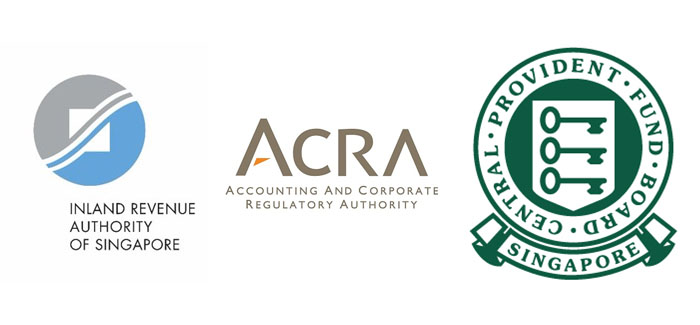In accounting, the meaning of liquidation is the process of selling off all the company’s assets to generate cash. These funds will be used for paying creditors and other debts.
Liquidation is often a possible outcome of bankruptcy, but there are other situations as well. Sometimes, a business can liquidate most of its assets (like furniture, machinery, office equipment, vehicles, among others) when moving to a new location, saving money on transportation.
Striking off vs Liquidation

In Singapore, business owners can either liquidate or strike off their company from the country’s register. Striking off is an easier and faster procedure of closing down small or dormant companies. Directors may apply to strike off their company if they satisfy the following criteria:
- Ceased trading for the last three months or have not commenced business since incorporation
- Must not have any outstanding liabilities with any government agency
- No assets or liabilities at the time of application
- Must not be involved in any legal proceeding within or outside Singapore
- No pending regulatory action
An application to strike off may be submitted online via BizFile+. If approved, ACRA will send a striking off notice to a company’s registered address.
What does liquidation mean for a company?
Most company owners do not understand what liquidation is until it’s too late. Liquidation is the process by which the company reached the end of its life. It will be formally closed down with all of its assets realised. Liquidation often happens when the business cannot pay its debts or when its liabilities exceed its assets. After the completion of the liquidation process, the company ceases to exist. Read our quick guide Singapore liquidation guide for more information.
The Process of Liquidating a Company
Company owners facing financial challenges may be forced into a situation where they need to close their business formally. The procedures involved in liquidating a company depends on the chosen process. Below are the fundamental steps involved:
The directors or shareholders appoint a licensed insolvency practitioner or a liquidator. The appointed individual will take control of the business affairs and will attend to all matters. Some of the liquidator’s responsibilities are:
- File necessary notifications stipulated by the Accounting and Corporate Regulatory Authority (ACRA) and Official Receiver.
- Investigate the assets of the company
- Realise the company’s assets
- Adjudicate claims of the creditors
- Ensure equitable distribution of the assets
Keep in mind that any shares transfer during the liquidation process is prohibited and void unless sanctioned by the liquidator.
Creditors are paid in order of priority. Once the company’s assets are realised, the cash will be used to pay off creditors. There are three different classes of creditors according to priority:
- Secured creditors have a lien against the business or a commitment of assets to repay whatever was borrowed.
- Unsecured creditors do not have a lien against the company. Credit card companies are a good example. They are repaid once the secured creditors have been paid.
- Stakeholders include people or organisations with a vested interest in a company but have no formal claim on the assets. The employees are considered stakeholders.
The company is dissolved and will be removed from the registrar of companies. Once the liquidation process is done, the company must ensure that the following governing bodies are informed about their cessation of business:

- Inland Revenue Authority of Singapore (IRAS)
- The Accounting and Corporate Regulatory Authority (ACRA)
- The Central Provident Fund (CPF) board
- Other licensing authorities such as the Ministry of Manpower and Monetary Authority of Singapore, among others.







Leave A Comment